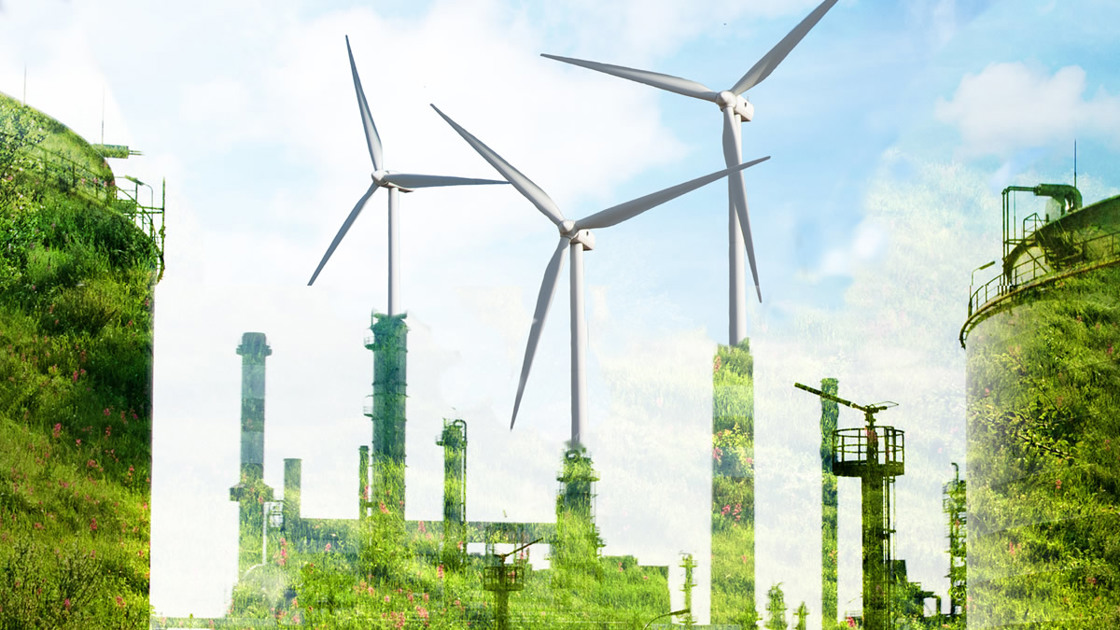Currently, Europe is highly dependent on other countries for a number of key mineral raw materials. Therefore, a coordinated approach at European level is needed, to plan strong policies which anticipate future changes while securing the social and environmental conditions throughout the supply chain both inside and outside the EU.
Judith Kirton-Darling, Deputy General Secretary of industriAll Europe said: “Trade unions have long been calling for a stronger EU strategy on raw materials to ensure greater independence through the sustainable use of the EU’s resources, as well as security of supply through a joint, sustainable and fair external policy agenda."
“We cannot be naïve about the scale of the challenges we face – we will need domestic extraction alongside a strong circular economy. Neither of these can be delivered alone. It requires social acceptance of mining in Europe. This social acceptance depends on the respect of social and environmental standards and dialogue”.
IndustriAll Europe’s recommendations rest on four pillars:
- A fair and industrialised circular economy, which will help to limit the use of primary raw materials. This is absolutely necessary on a planet with finite mineral resources and will help to protect nature from unnecessary interference and to mitigate climate change. It also increases security of supply and reduces supply dependency from third countries. But for that to happen, there is a need for more incentive and mobilisation on European and national level.
- Ensuring the sustainability of critical raw materials in Europe will also go through domestic extraction which will then have to ensure a strong social dimension and also harmonised and high-level environmental standards. Furthermore, local communities will have to be really involved in the dialogue for new projects.
- To reduce dependency, research, development and innovations must be strongly supported to diminish, substitute or diversify the need for raw materials.
- On the international level, the EU’s external policy agenda must ensure international standards (ILO labour standards, UN Sustainable Development Goals) and binding human rights worldwide. This is why industriAll Europe is also calling for a legally binding EU instrument in the form of a European Directive on mandatory human rights and environmental obligations due diligence
Judith Kirton-Darling concluded: “If taken seriously, a strong European raw materials strategy has the potential to support and create jobs, secure supply of raw materials and deliver a circular economy. We need an active involvement of trade unions in the co-creation of industrial policies to ensure just and fair transitions which leave no one and no region behind.”
Contact: Andrea Husen-Bradley (press and communication) and Sophie Grenade (policy adviser)
Reference:
Securing sustainable raw materials supply in Europe. industriAll Europe’s recommendations for ‘Critical Raw Materials Resilience’: DE EN FR
